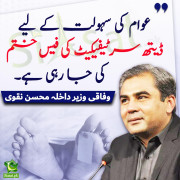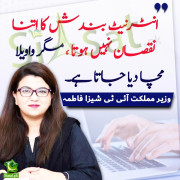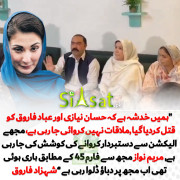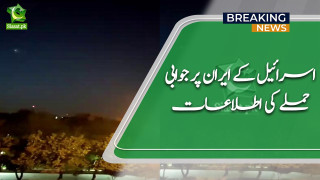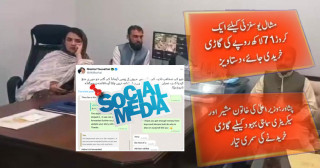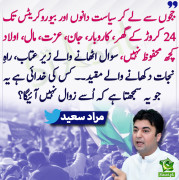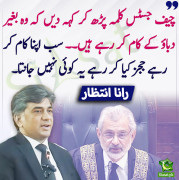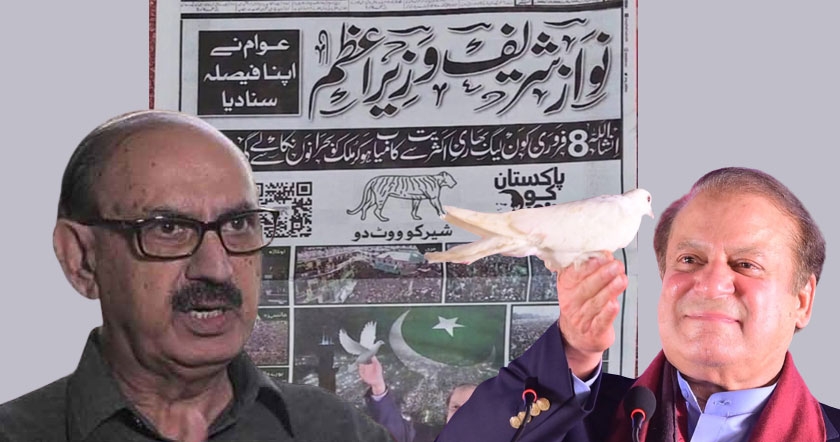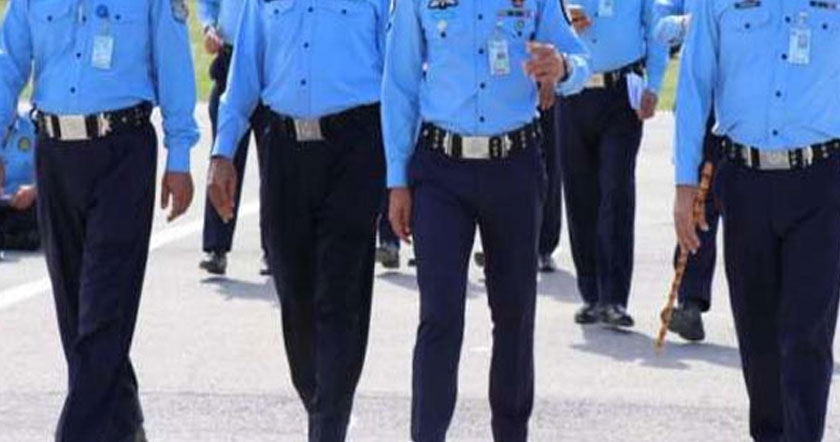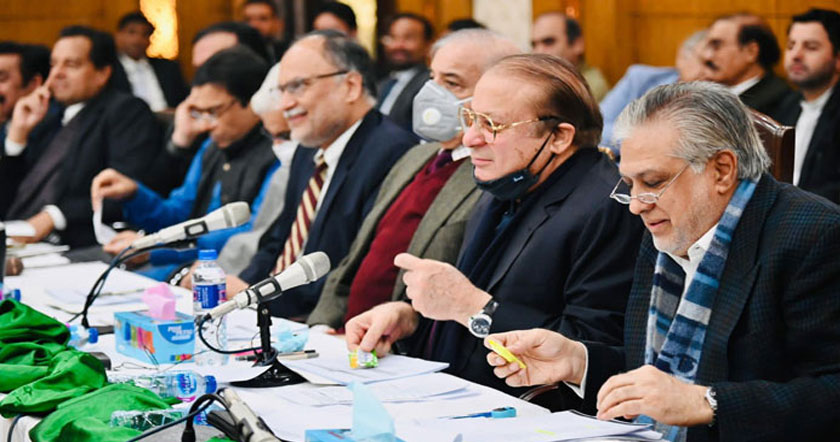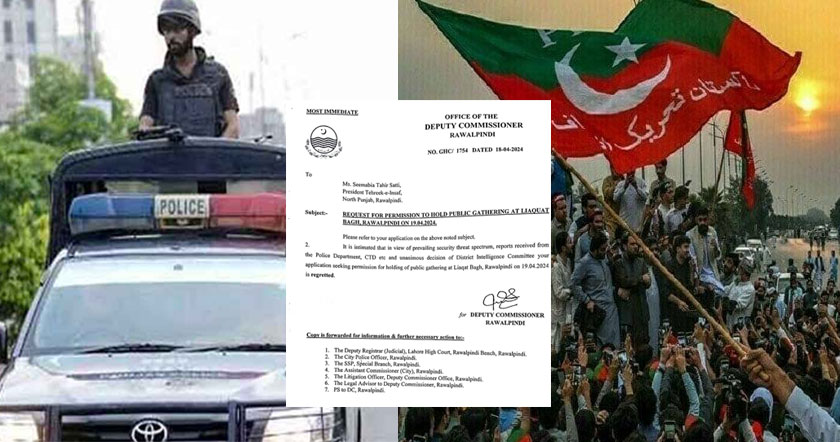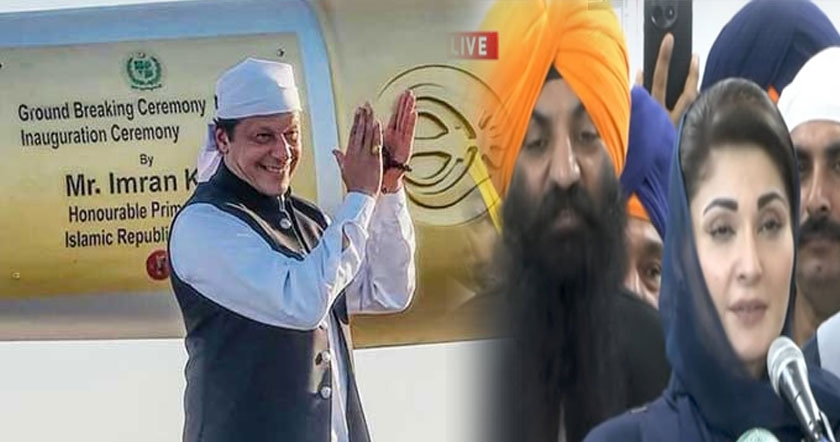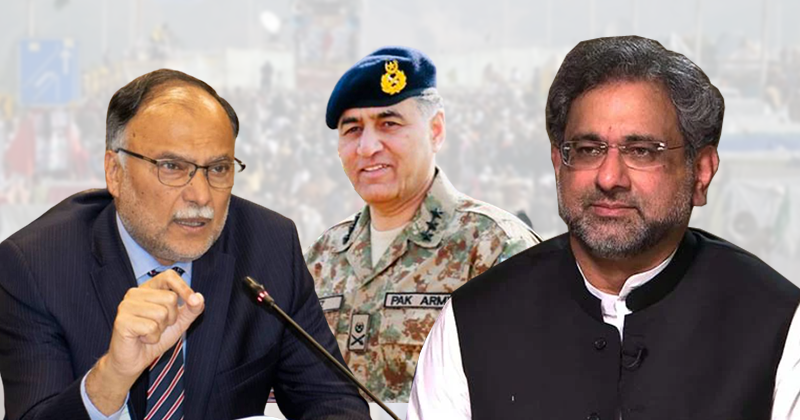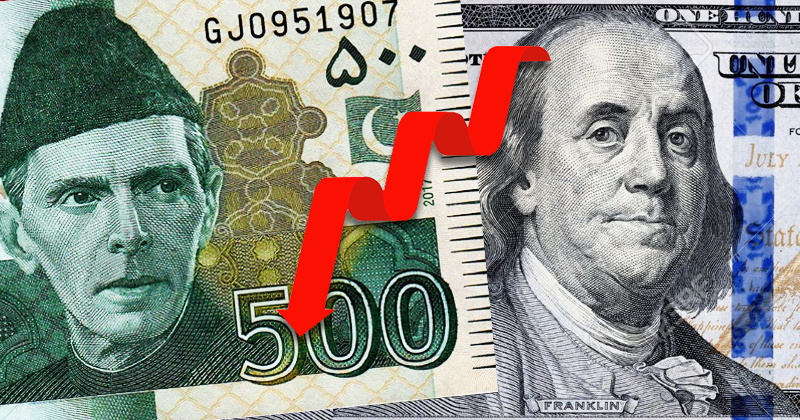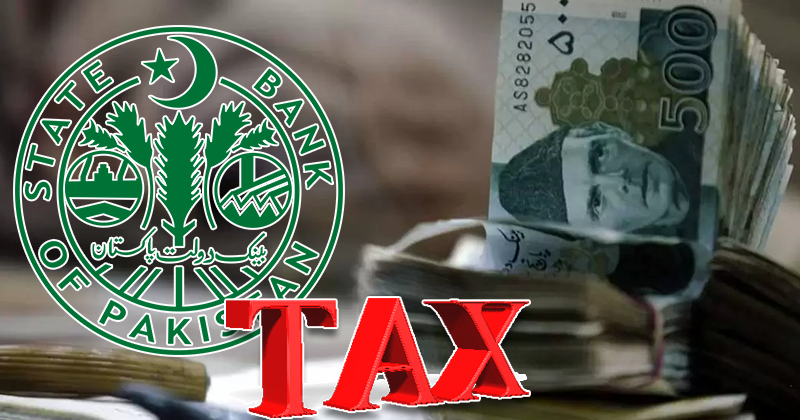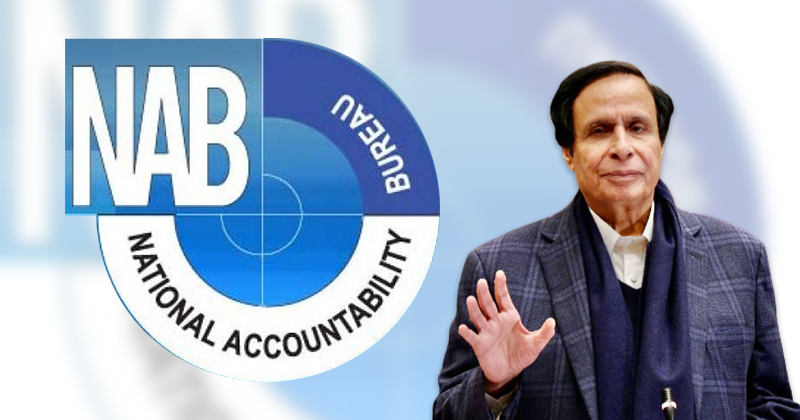Opinion | Indian Muslims Have Lost Faith In National Institutions And ‘Secularism’
The political situation is so completely pitted against the community that extremist elements wanting to fish in troubled waters will find their task much easier, writes Shahjahan Madampat
Shajahan Madampat06 April 2020
Photo by Jitender Gupta

The communal violence that rocked Northeast Delhi two weeks ago, the massive human and material losses Muslims had to suffer and the indifference of all political parties to their plight make one conclusion inevitable: the only option left for Indian Muslims is to organise themselves politically. All other choices they have so far exercised have been utterly futile. A political formation led by members from within would have improved their chances of effective resistance against marauding mobs. That Delhi did not have a single recognisable leader from the Muslim community to speak and act on its behalf in this crucial hour is proof that the usual practice of dependence on, and exploitation by, the so-called secular parties is no longer tenable.
Four Reasons
There are four reasons why Indian Muslims should seriously think about bringing a major chunk of the community under a single political umbrella. First, the subjectivity of an Indian Muslim at the current juncture is very different from that of even her ardent non-Muslim secular supporter. Tweets by Yogendra Yadav and Nidhi Razdan during the violence are illustrative of this difference in subjectivities. Both worried about the reputational damage to India during the visit of the US President. Although their commitment to Indian pluralism is beyond reproach, their social location allowed them the luxury of worrying about the country’s image, while a Muslim citizen could have only prayed for survival. For the Muslim, the pogrom threatened to kill her and her family and destroy her property. The CAA/NRC/NPR posed a direct threat to her citizenship. She cannot open her door and tell the murderous mob with equanimity: “Friends, the President of America is here. The image of the country will suffer if you kill us and torch my house. Please come back a couple of days later”.
Second, dependence of Indian Muslims on ‘secular’ parties benefited the latter immensely throughout the period after Independence, but did little to protect the former during communal riots or to improve their material condition. No top leader from any ‘secular’ party had the courage to descend on the scene during the violence and offer their support to victims, primarily because they feared the loss of Hindu votes. They believed, perhaps correctly, that a substantial segment of Hindus has bought into the Sangh Parivar propaganda about Hindu victimhood. Had there been a strong political leadership within the Muslim community in Delhi, they would not have had the luxury of shirking their responsibility. Apart from the possibility of such a Muslim leadership standing by their people, they would also have been able to curb fanatical elements within the community that went berserk, attacking innocent Hindus in neighbouring areas.
Our history shows that marginalised communities are empowered when they organise politically.
Third, our political history has demonstrated that marginalised communities tasted political empowerment and a modicum of self-confidence only when they organised themselves politically--BSP, SP, RJD, IUML are some examples. Fourthly, a right-thinking social and political leadership for Muslims now is the best bet against possible radicalisation and foolhardiness. The political situation now is so completely pitted against the community that extremist elements wanting to fish in troubled waters will find their task much easier. Our pride in the fact that only a few hundred Indian Muslims out of 200 million ever joined the ranks of global Jehadi outfits may soon become passé. Indian Muslims never fell for jehadi adventurism precisely because the sense of equal citizenship the Constitution granted them made them feel at home in spite of it being far from equal in reality. Now they feel a sense of betrayal by allies on one hand and a sense of psychological disenfranchisement and imminent denial of citizenship, even physical annihilation by enemies, on the other.
Muslims have lost faith in all institutions in the country—government, police, judiciary, media, civil society and political parties. They know that hate against them is spreading like wildfire among Hindus. They also know that among the disseminators of hatred are people who hold the highest positions in the land, who meticulously work on new laws and policies aimed at consigning Muslims to an infernal existence in their own country. This kind of an abject situation is fertile for radicalism and extremist tendencies to take root. Unless a political and social leadership—with a strong moral fibre and committed to the values and ideals of the Constitution—emerges within the community, the existing leadership vacuum will be filled by impetuous zealots and cynical rabble-rousers.
Contours of a New Muslim Politics
This new Muslim politics should be Gandhian in its inclusivity, in its acceptance of diversity within and outside the community, in its commitment to Hindu-Muslim unity, in its adherence to non-violence. It should not only be open to, but must proactively include within its ranks and leadership its overwhelming diversity—various sects, devout, atheist, irreligious, Sunni, Shia, gay, lesbian, transgender, freethinkers. In other words, anyone who is likely to be targeted as Muslim by Hindutva forces should have equal space in it. Second, women should take the lead in the formation and running of the political formation. History shows us that menfolk, imbued with macho patriarchy, have always subordinated greater common good to selfish motives. Shaheen Bagh has shown us spectacularly how a women-led movement can be qualitatively different, not prone to violence and remarkably stubborn. The coming out of Muslim women to take charge can be the beginning of a much-needed social churning within the community.
Third, the new formation should eschew religious symbols and slogans, and instead choose symbols and icons of Indian nationhood. Shaheen Bagh proved the efficacy of that approach not just as a tactic, but also as an inspiring model of citizenship assertion. The impassioned resort to the symbols and icons of India’s pluralist history and the reading of the preamble to the Constitution there and elsewhere created a new idiom of secular, yet not deracinated resistance. Fourth, it should not be a monolith, but a loose umbrella of regional or state-based outfits. Because the political situation in the states differs from each other, a monolith will be counterproductive. It can also lead to a particular region or state developing hegemony over others. The only common ingredient at the national level should be a set of ethical principles and the dream of restoring India to its saner self.
Muslim women taking charge can be the beginning of a social churning within the community.
Fifth, it should keep out of electoral participation for at least a period of 10 years, focusing instead on organisational work, political education, social welfare and interfaith communication. Jumping into the fray will make it susceptible to all that is wrong in Indian politics. The suggestion is not to boycott polls, but to avoid them until such time that the community feels is ripe to form reliable electoral alliances. Sixth, it should build bridges with civil society groups to fight communal forces, environmental destruction and the denial of civil liberties and human rights. The difference between most such civil society groups and so-called secular parties is that the former is less likely to betray their ideals for temporary gains than the latter, which are prone to compromises and deception. One example of this is that a majority of ‘secular’ parties have formed alliances with the BJP at one point or the other.
Seventh, it should not do or say anything that will provoke more Hindus into the Sanghi fold. They should always maintain in their words and deeds the distinction between Hindutva and Sangh Parivar on the one hand and the larger Hindu society on the other. Eighth, the new political formation should keep away the temptation to indulge in identity assertion and focus on citizenship assertion. Harsh Mander recently said: “The Muslim brothers and sisters and children who are present here are Indian by choice. The rest of us are Indians by chance. We had no choice. We had only this country. But you (Muslims) had a choice and your ancestors chose to live in this country. Today, those who are in the government are trying to prove that Jinnah was right and Mahatma Gandhi was wrong.”
It is the moral and historical duty of the Indian Muslims to prove Jinnah and Savarkar wrong, for that is the best tribute they can pay to their forefathers who chose to stay on in India
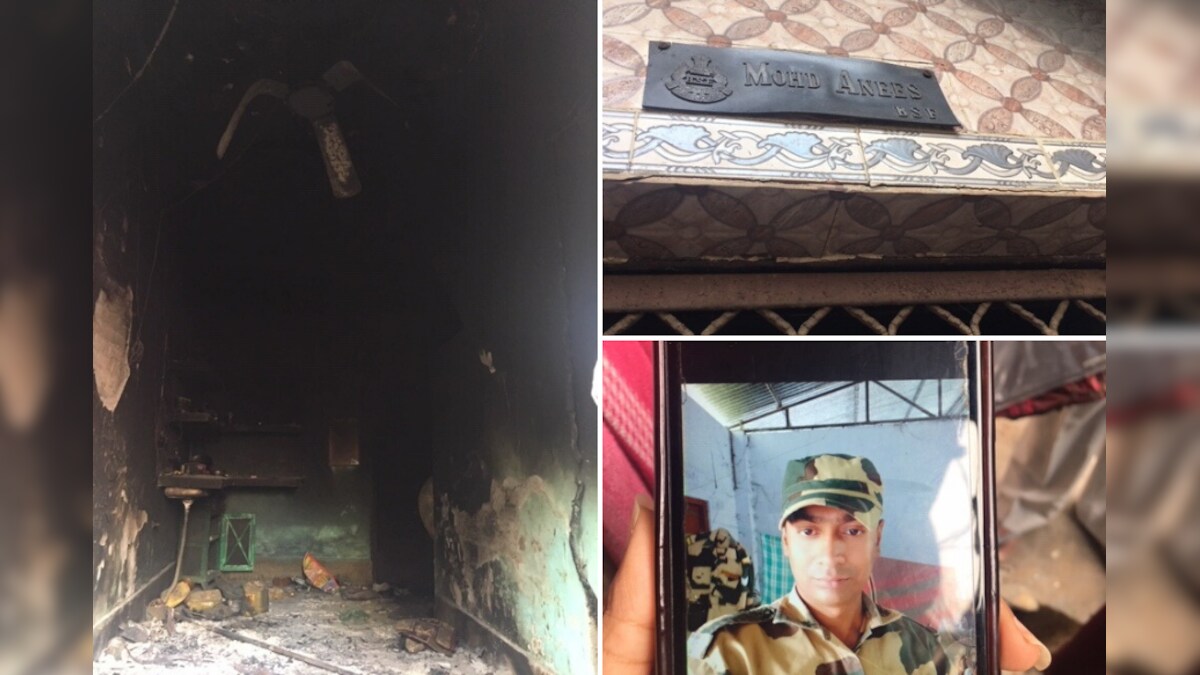
The political situation is so completely pitted against the community that extremist elements wanting to fish in troubled waters will find their task much easier, writes Shahjahan Madampat
Shajahan Madampat06 April 2020
Photo by Jitender Gupta

The communal violence that rocked Northeast Delhi two weeks ago, the massive human and material losses Muslims had to suffer and the indifference of all political parties to their plight make one conclusion inevitable: the only option left for Indian Muslims is to organise themselves politically. All other choices they have so far exercised have been utterly futile. A political formation led by members from within would have improved their chances of effective resistance against marauding mobs. That Delhi did not have a single recognisable leader from the Muslim community to speak and act on its behalf in this crucial hour is proof that the usual practice of dependence on, and exploitation by, the so-called secular parties is no longer tenable.
Four Reasons
There are four reasons why Indian Muslims should seriously think about bringing a major chunk of the community under a single political umbrella. First, the subjectivity of an Indian Muslim at the current juncture is very different from that of even her ardent non-Muslim secular supporter. Tweets by Yogendra Yadav and Nidhi Razdan during the violence are illustrative of this difference in subjectivities. Both worried about the reputational damage to India during the visit of the US President. Although their commitment to Indian pluralism is beyond reproach, their social location allowed them the luxury of worrying about the country’s image, while a Muslim citizen could have only prayed for survival. For the Muslim, the pogrom threatened to kill her and her family and destroy her property. The CAA/NRC/NPR posed a direct threat to her citizenship. She cannot open her door and tell the murderous mob with equanimity: “Friends, the President of America is here. The image of the country will suffer if you kill us and torch my house. Please come back a couple of days later”.
Second, dependence of Indian Muslims on ‘secular’ parties benefited the latter immensely throughout the period after Independence, but did little to protect the former during communal riots or to improve their material condition. No top leader from any ‘secular’ party had the courage to descend on the scene during the violence and offer their support to victims, primarily because they feared the loss of Hindu votes. They believed, perhaps correctly, that a substantial segment of Hindus has bought into the Sangh Parivar propaganda about Hindu victimhood. Had there been a strong political leadership within the Muslim community in Delhi, they would not have had the luxury of shirking their responsibility. Apart from the possibility of such a Muslim leadership standing by their people, they would also have been able to curb fanatical elements within the community that went berserk, attacking innocent Hindus in neighbouring areas.
Our history shows that marginalised communities are empowered when they organise politically.
Third, our political history has demonstrated that marginalised communities tasted political empowerment and a modicum of self-confidence only when they organised themselves politically--BSP, SP, RJD, IUML are some examples. Fourthly, a right-thinking social and political leadership for Muslims now is the best bet against possible radicalisation and foolhardiness. The political situation now is so completely pitted against the community that extremist elements wanting to fish in troubled waters will find their task much easier. Our pride in the fact that only a few hundred Indian Muslims out of 200 million ever joined the ranks of global Jehadi outfits may soon become passé. Indian Muslims never fell for jehadi adventurism precisely because the sense of equal citizenship the Constitution granted them made them feel at home in spite of it being far from equal in reality. Now they feel a sense of betrayal by allies on one hand and a sense of psychological disenfranchisement and imminent denial of citizenship, even physical annihilation by enemies, on the other.
Muslims have lost faith in all institutions in the country—government, police, judiciary, media, civil society and political parties. They know that hate against them is spreading like wildfire among Hindus. They also know that among the disseminators of hatred are people who hold the highest positions in the land, who meticulously work on new laws and policies aimed at consigning Muslims to an infernal existence in their own country. This kind of an abject situation is fertile for radicalism and extremist tendencies to take root. Unless a political and social leadership—with a strong moral fibre and committed to the values and ideals of the Constitution—emerges within the community, the existing leadership vacuum will be filled by impetuous zealots and cynical rabble-rousers.
Contours of a New Muslim Politics
This new Muslim politics should be Gandhian in its inclusivity, in its acceptance of diversity within and outside the community, in its commitment to Hindu-Muslim unity, in its adherence to non-violence. It should not only be open to, but must proactively include within its ranks and leadership its overwhelming diversity—various sects, devout, atheist, irreligious, Sunni, Shia, gay, lesbian, transgender, freethinkers. In other words, anyone who is likely to be targeted as Muslim by Hindutva forces should have equal space in it. Second, women should take the lead in the formation and running of the political formation. History shows us that menfolk, imbued with macho patriarchy, have always subordinated greater common good to selfish motives. Shaheen Bagh has shown us spectacularly how a women-led movement can be qualitatively different, not prone to violence and remarkably stubborn. The coming out of Muslim women to take charge can be the beginning of a much-needed social churning within the community.
Third, the new formation should eschew religious symbols and slogans, and instead choose symbols and icons of Indian nationhood. Shaheen Bagh proved the efficacy of that approach not just as a tactic, but also as an inspiring model of citizenship assertion. The impassioned resort to the symbols and icons of India’s pluralist history and the reading of the preamble to the Constitution there and elsewhere created a new idiom of secular, yet not deracinated resistance. Fourth, it should not be a monolith, but a loose umbrella of regional or state-based outfits. Because the political situation in the states differs from each other, a monolith will be counterproductive. It can also lead to a particular region or state developing hegemony over others. The only common ingredient at the national level should be a set of ethical principles and the dream of restoring India to its saner self.
Muslim women taking charge can be the beginning of a social churning within the community.
Fifth, it should keep out of electoral participation for at least a period of 10 years, focusing instead on organisational work, political education, social welfare and interfaith communication. Jumping into the fray will make it susceptible to all that is wrong in Indian politics. The suggestion is not to boycott polls, but to avoid them until such time that the community feels is ripe to form reliable electoral alliances. Sixth, it should build bridges with civil society groups to fight communal forces, environmental destruction and the denial of civil liberties and human rights. The difference between most such civil society groups and so-called secular parties is that the former is less likely to betray their ideals for temporary gains than the latter, which are prone to compromises and deception. One example of this is that a majority of ‘secular’ parties have formed alliances with the BJP at one point or the other.
Seventh, it should not do or say anything that will provoke more Hindus into the Sanghi fold. They should always maintain in their words and deeds the distinction between Hindutva and Sangh Parivar on the one hand and the larger Hindu society on the other. Eighth, the new political formation should keep away the temptation to indulge in identity assertion and focus on citizenship assertion. Harsh Mander recently said: “The Muslim brothers and sisters and children who are present here are Indian by choice. The rest of us are Indians by chance. We had no choice. We had only this country. But you (Muslims) had a choice and your ancestors chose to live in this country. Today, those who are in the government are trying to prove that Jinnah was right and Mahatma Gandhi was wrong.”
It is the moral and historical duty of the Indian Muslims to prove Jinnah and Savarkar wrong, for that is the best tribute they can pay to their forefathers who chose to stay on in India

BSF Jawan’s House Burned Down in Khajuri Khas by Mob Shouting ‘Come Here Pakistani, Get Citizenship’ - News18
Along with the house, the family lost all life savings kept inside for two weddings in the next three months.
www.news18.com


